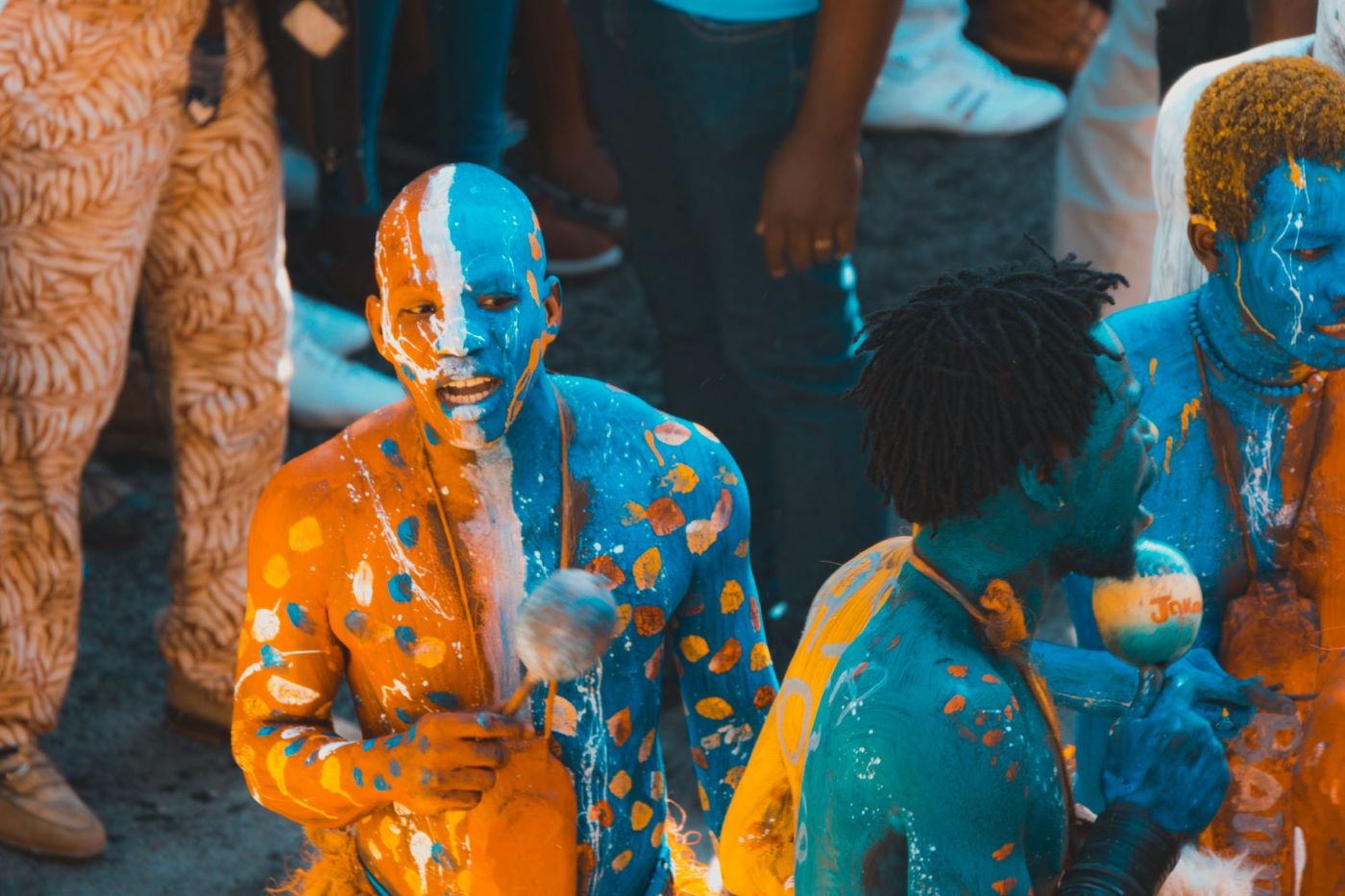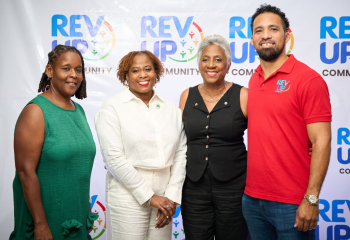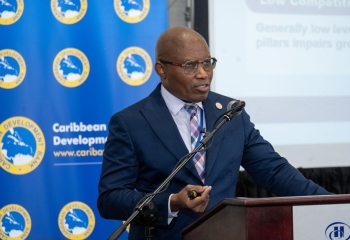CIIF helps tap Haitian festivals for growth

The vibrant Haitian cultural scene is receiving targeted attention from the Caribbean Development Bank (CDB), through an accelerator aimed at building out the largely untapped festivals market.
Under the bank’s Cultural and Creative Industries Innovation Fund (CIIF), Foundation CASELI, which is directed by Haitian-American Philippe Saint-Cyr, aims to assist grassroots organisers requiring upgraded skills in this area.
Brimming with excitement over the possibilities that the accelerator will create for his fellow citizens, Saint-Cyr is hopeful that very soon Haiti will host festivals and other cultural events that possibly rival multi-million-dollar events staged during Trinidad’s Carnival or Barbados’ Crop-Over.
“We have many festivals in Haiti, but they are mostly on a very informal basis. We want to train these young event organisers, who will spend 16 weeks with us, doing various courses so that they are ready to transition and make an impact on our economy,” Saint-Cyr noted.
The development and finance specialist said laying the groundwork to make these uniquely Haitian creative industry events sustainable and profitable, was his key goal. The project is receiving US$66,000 in support from CIIF.
The Foundation CASELI programme caters to at least ten event organisers, who can have a maximum of three participating representatives access the instruction. They will be trained in techniques to secure sponsorship, data collection and analysis from events, marketing, and pricing, among other areas.
Seeking to fully exploit the potential for beneficiaries, Saint-Cyr is securing special placements for women, ensuring that that at least 50 per cent of the cohort are female and that at least half of the participants are residents from outside the capital of Port-au-Prince .
The programme was originally designed for in-person delivery, but the organiser conceded the COVID-19 pandemic, political upheaval and violence have forced some changes in the manner of the programme.
“The situation has impacted some of our participants in our programme and so we will accommodate remote online participation, doing the sessions on Zoom in order to maintain our schedule,” he explained.
Unperturbed by the political, financial and social challenges confronting the project and its participants, Saint-Cyr has expressed a determination to advance the project’s goals. He insists its potential to positively impact the lives of many and their communities is too great for him to be daunted by the various obstacles.
“Culture reflects history, and it is something that we can share. . . . It is one of the few things that unites Haitians, and it is positive.
“I think anything that is done consistently right now will have an impact because the country has been suffering. A lot of businesses have shut down so rather than us waiting for aid to come, anything that is going to employ people and give good service, will have an impact. When people at different levels are spending money, everyone benefits,” he observed.
The project organiser added: “Too many people in the private sector are complaining about losing money because there are not as many NGOs as there were in 2012. People are looking for Haitians outside to send transfers. However, this country cannot progress on [remittances] and NGOs; it is time for increased economic activity generated within Haiti by Haitians.”
Saint-Cyr, who resides in La Boule, is a strong proponent of the cultural industries. He regards the arts as an extremely viable foreign exchange earner for Haiti, while emphasising the export value of festivals.
“When you have events that fill venues or spaces, they have an impact on the communities’ bars, and shops. We need more activity but to do that, we need people working together. We must ensure the city is cleaned. I know things are not going to happen overnight. . . . The number one sector in the Caribbean is tourism and we have to know how to use our festivals and events to attract people,” he opined.


